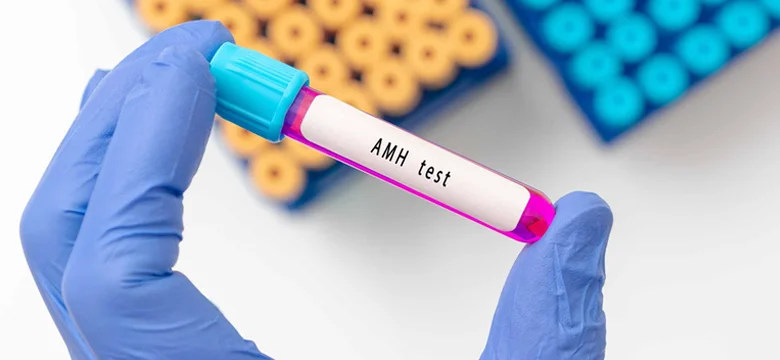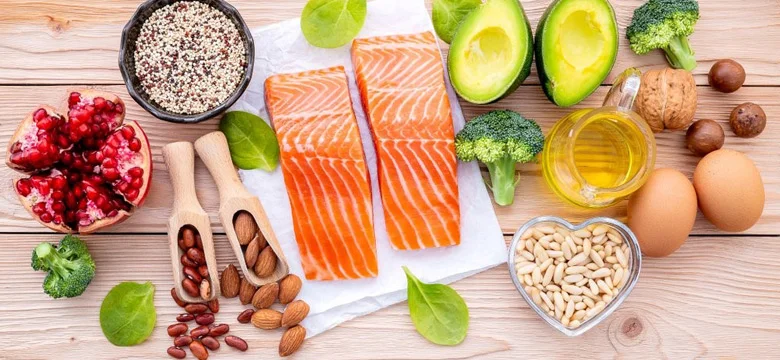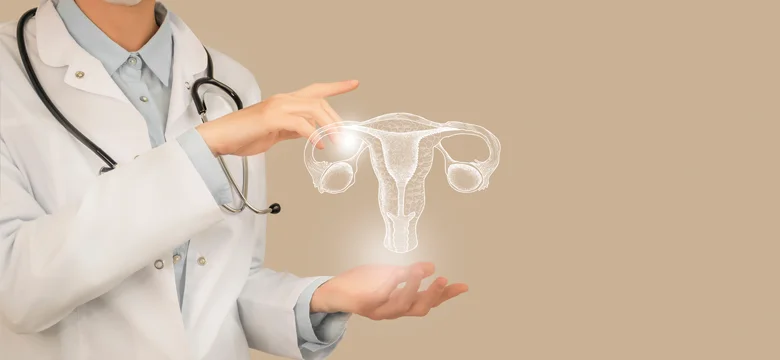AMH, also known as anti-Müllerian hormone, is a protein hormone created by unique cells inside ovarian follicles. Both male and female reproductive tissues produce AMH. Your age and gender will determine how AMH functions and whether your levels are normal.
AMH influences an unborn child’s development of sex organs. A baby will begin growing reproductive organs in the first few weeks of pregnancy. The baby will already have the genes to become either a male (XY genes) or a female (XX genes).
What is the AMH test?
An AMH test is often used to check a woman’s ability to produce eggs that can be fertilized for pregnancy. The number of eggs that a woman’s ovaries can produce declines as the woman gets older. AMH levels help show how many potential egg cells a woman has left. This is known as the ovarian reserve. If a woman’s ovarian reserve is high, she may have a better chance of getting pregnant.
Doctors can estimate a woman’s egg count by looking at her blood levels of AMH, which can also help them determine how many follicles are present in her ovaries. AMH levels for a fertile woman are between 1.0 to 4.0 ng/ml; under 1.0 ng/ml is considered low and indicative of a diminished ovarian reserve.
| Age | AMH Level (ng/ml) |
| 25 | 5.4 |
| 30 | 3.5 |
| 35 | 2.3 |
| 40 | 1.3 |
| >43 | .07 |
Sources:
https://medlineplus.gov/lab…/anti-mullerian-hormone-test/
https://pubmed.ncbi.nlm.nih.gov/20970126/ Fertil Steril, 2011. Age-related distribution of basal serum AMH level in women of reproductive age and a presumably healthy cohort.





